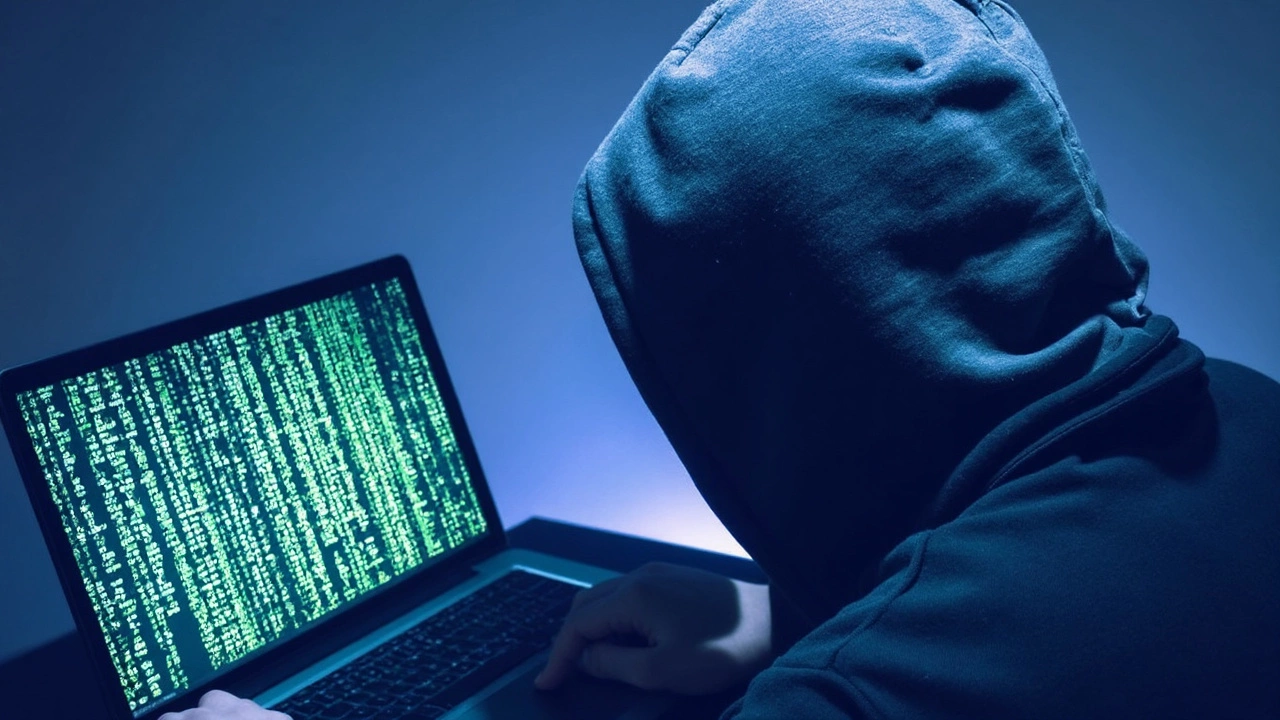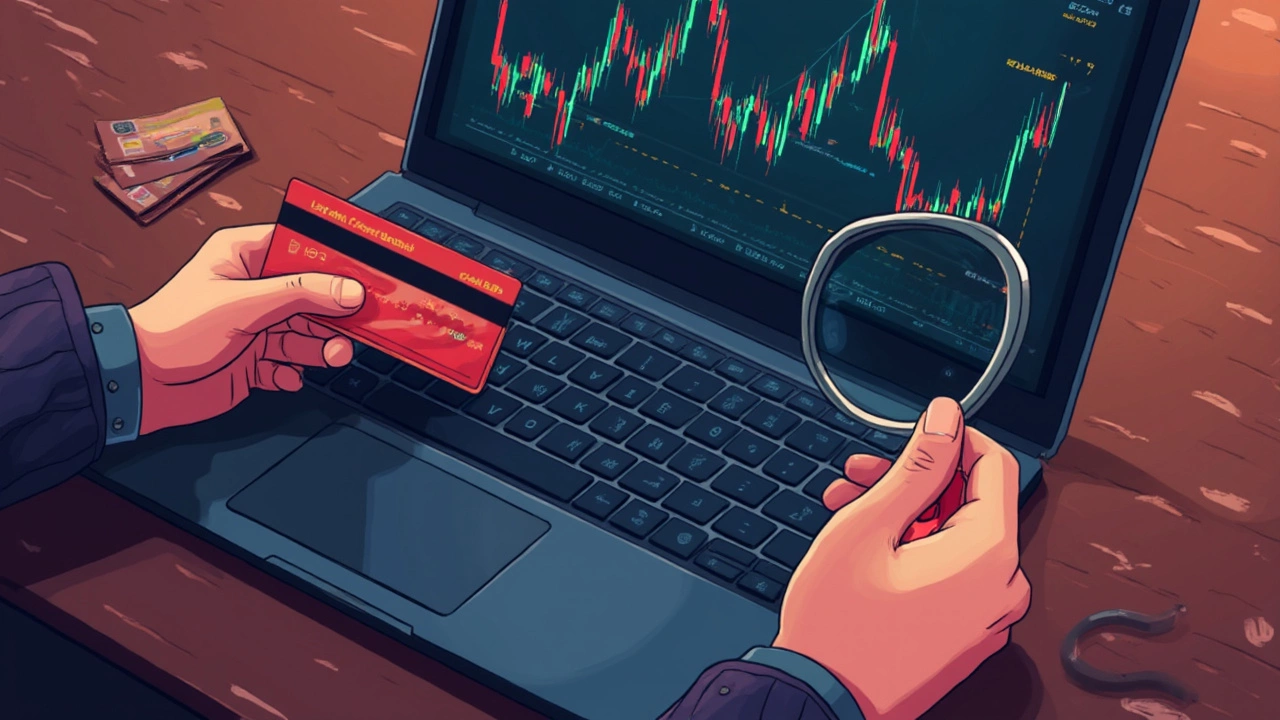Cybersecurity News You Need Right Now
We all hear about hackers, data leaks, and scary headlines, but you don’t have to feel helpless. This page pulls together the most urgent stories and gives you straight‑forward advice you can use today. Whether you’re protecting a personal email or a crypto wallet, the basics stay the same: strong passwords, two‑factor authentication, and a bit of vigilance.
Massive Password Leak: What Happened?
Earlier this year a record‑breaking breach exposed over 16 billion passwords from major platforms like Apple, Google, and Facebook. That amount of data makes it the biggest password dump ever seen. Hackers can now try those passwords on other sites, hoping people reuse them. The quick fix? Change every password that’s similar to the ones you use on these big services. If you’re not sure which accounts are at risk, start with any login that uses your email address and a simple password.
Two‑factor authentication (2FA) is the next line of defense. Even if a hacker steals your password, they’ll need the second factor—usually a code sent to your phone or an authenticator app—to get in. Setting up 2FA takes a minute and can stop most automated attacks. Most services now offer it for free, so there’s really no excuse to skip it.
Crypto Hacks and the Lazarus Group
In the crypto world, a North Korean group called Lazarus has been tying together two huge thefts: a $1.4 billion hack on Bybit and a $29 million exploit on Phemex. Analysts traced both incidents to a single hacker wallet, showing how sophisticated these attacks are. If you hold crypto on an exchange, consider moving only what you need for trading to the platform and keeping the rest in a hardware wallet you control.
Because crypto transactions are irreversible, the best protection is prevention. Use strong, unique passwords for every exchange, enable 2FA, and keep an eye on withdrawal alerts. If an exchange ever seems sluggish or asks for new verification steps, treat it as a red flag and double‑check through official channels before proceeding.
Beyond these headline‑grabbing breaches, everyday habits make a big difference. Avoid clicking random links in emails, especially if they claim you need to verify a login. Phishing emails often mimic the look of official messages but contain subtle differences—like a misspelled domain or an urgent tone.
Regularly updating software is another easy win. Operating systems, browsers, and apps release patches that close security holes. Turn on automatic updates whenever possible, so you don’t have to remember to check every week.
Finally, stay informed. The cybersecurity landscape changes fast, but the core ideas—unique passwords, 2FA, cautious clicking, and up‑to‑date software—remain solid. Bookmark this page, check back for new stories, and share the tips with friends who might still reuse passwords or keep large crypto balances on an exchange.
Protecting yourself online isn’t about being a tech guru; it’s about a few simple steps you can do right now. Start with a password manager, enable two‑factor authentication, and keep an eye on the news. That’s all it takes to stay a step ahead of the bad guys.

Over 16 billion passwords tied to platforms like Apple, Google, Facebook, and others have been leaked in a record-smashing data breach. The exposed datasets put billions at risk of scams, fraud, and hacks. Experts urge everyone to update passwords, use two-factor authentication, and stay alert to suspicious activity.
Continue Reading

Recent blockchain analysis exposes North Korea's Lazarus Group's involvement in tying two major crypto thefts - the $1.4 billion Bybit hack and the $29 million Phemex exploit - to a single consolidated hacker wallet. This revelation underscores the group's persistent threat to global crypto security.
Continue Reading






